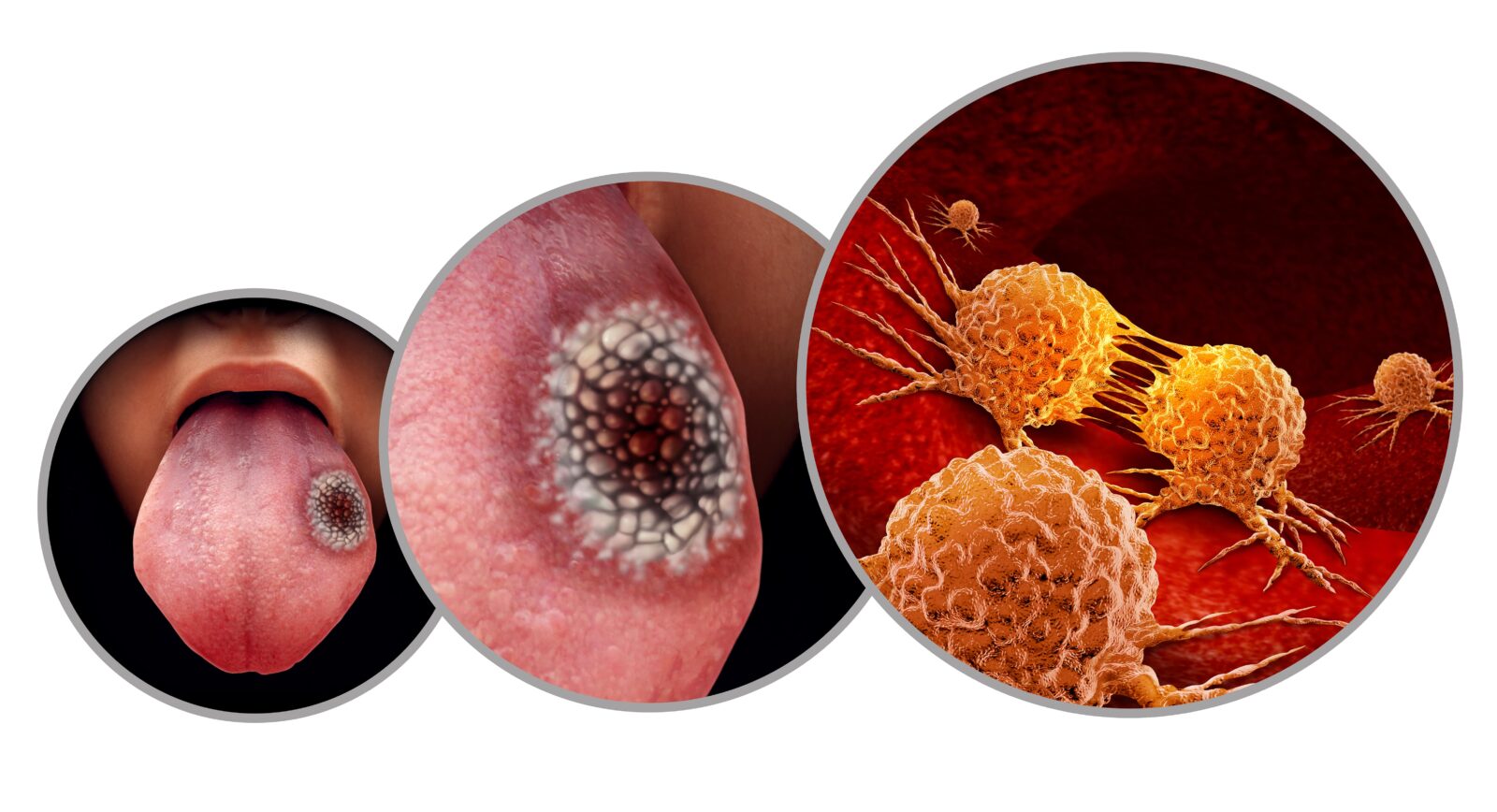Oral cancer is a collective term used to describe cancers that affect the mouth and throat. Oral cancer can affect the lips, inside of the lips and cheeks, gums, tongue, hard and soft palates, tonsils, or pharynx (middle of throat). Unfortunately, the number of oral cancer cases are rising, which is why many dentists now perform oral cancer screenings during regular dental exams. When caught early, oral cancer can effectively be treated and has good patient outcomes.
Did You Know?
The Oral Cancer Foundation estimates that around 53,000 Americans will be diagnosed with oral cancer every year.
Frequently Asked Questions:
Do I need an oral cancer screening?
Everyone can benefit from oral cancer screenings, regardless of age and current level of oral health. However, you may need to have an oral cancer screening if you are experiencing any of the following oral cancer symptoms:

- Ear pain
- Weight loss
- Unexplained bleeding in the mouth
- Chronic sore throat, hoarseness, or vocal changes
- Soft tissue abnormalities such as swelling, lumps, bumps, rough spots, thickening, crusts, or eroded areas in or around the mouth
- Facial, neck, or mouth pain
- Problems speaking, eating, swallowing, or moving the tongue or jaw
- Feeling like something is lodged in your throat
If you are experiencing any of these symptoms, it is recommended to schedule a consultation with Park City Dental as soon as possible.
What can I expect when having an oral cancer screening at Park City Dental?
When having an oral cancer screening at Park City Dental, you can expect our doctor to carefully examine the inside and outside of your mouth for any tissue abnormalities. In some cases, a special light that causes abnormal tissue to glow may also be used. While a tissue abnormality does not automatically mean oral cancer, it does mean that your dentist may recommend having a biopsy performed to determine if oral cancer is present.
How do I prevent oral cancer?
Although you cannot always prevent oral cancer, the best way to minimize your risk of developing oral cancer is by eliminating risk factors. Risk factors for oral cancer include smoking, regularly consuming alcohol, and catching the Human Papillomavirus (HPV).















